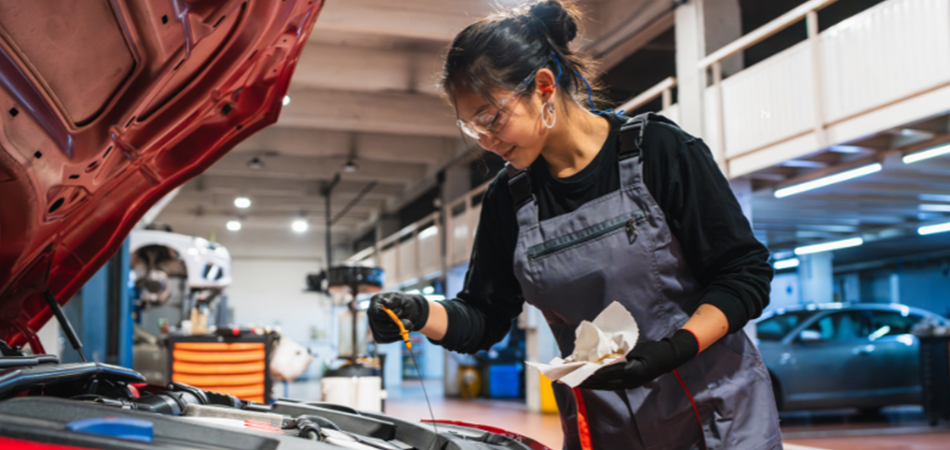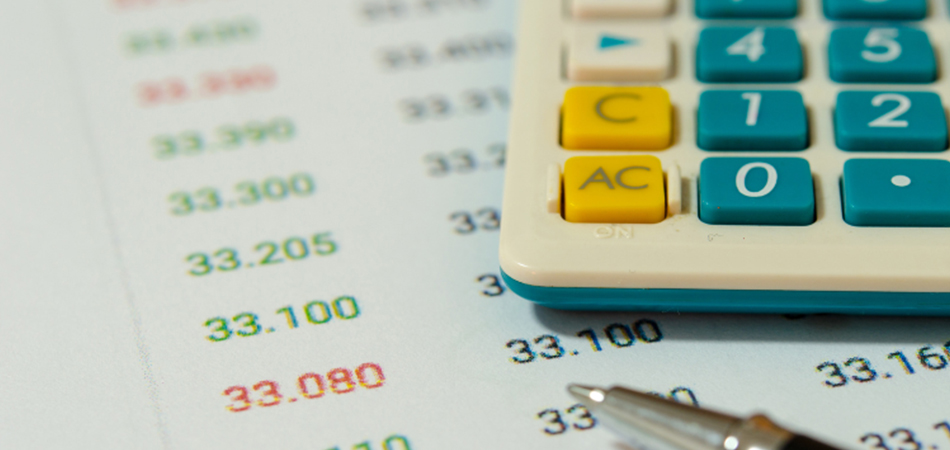
Most people know that new cars depreciate as soon as they roll off the lot. With that in mind, many drivers opt to purchase a used vehicle instead. Buying a used car can result in substantial cost savings, and avoid the initial depreciation of the vehicle. However, if you don't know what to look for when buying a used car, you might get burned in the end. Unfortunately, not everyone is honest about disclosing every detail of the car they're selling. You will want to thoroughly check out these things before you sign the check on that new ride.
What to Look for When Buying a Used Car:
While it may seem obvious, one of the most important first steps is to perform a full visual inspection of the vehicle. Make sure to walk around the car and inspect it from all angles, and take note of any damages or defects you find. The buyer should disclose any issues, but it's best to inspect the car yourself to be safe. If you don't feel equipped to inspect the vehicle properly, bring along a friend or family member who can help. Some common things you want to look for include scratches and dents, cracks, damage to seats or upholstery, stains, missing parts, and the overall condition of the vehicle.
A visual inspection can only tell you so much, as some problems only become apparent while driving the vehicle. Ask the buyer if you can take the car for a short test drive. In most cases, they will be okay with you doing so. If they object, it's safe to assume there might be something wrong with the vehicle that they don't want you to notice. While driving the car, try to accelerate and slow down several times. Make turns, test out the windows, and ensure that the radio and speakers work properly. Take note of any issues so you can discuss them with the buyer.
Every vehicle is equipped with a VIN (Vehicle Identification Number) that links the car to its records and history. Running a VIN lookup is a fairly straightforward process that can be completed using a number of online tools. The VIN report, often referred to as a vehicle history report, will provide details of prior owners, accidents and repairs. It will also include manufacturer information, including any recalls issued.

After visually inspecting the vehicle and taking it for a test drive, it's also a good idea to ask a mechanic to inspect the car before purchasing. An experienced mechanic will be able to examine the vehicle and point out any issues that would go unnoticed by an untrained eye.
Before deciding to buy a vehicle, you should read consumer reviews for the specific make, model, and even year of the vehicle. Like any product, certain makes and models are more prone to specific issues, and reading consumer reports will give you a better idea of how the car handles, the approximate fuel economy, and any potential problem areas you should be aware of.

When purchasing a car, it's a good idea to browse local listings and compare prices. You don't want to end up with buyer's remorse after overpaying for a car that you could have gotten much cheaper from another seller. Sometimes, sellers will overprice their car in an attempt to bargain. Of course, the price will be influenced by condition of the vehicle, mileage, and other factors. Still, it's always a good idea to shop around and consider your options before making a big purchase.
After taking the car for a spin, park it and wait a while. Often, leaks become apparent only after the car has been driven and allowed to sit for a while. Check underneath the vehicle to find any pools or drips that may have collected on the ground. This indicates a leak somewhere in the system that should be addressed before the sale is completed.
Buying a used car can be a risky move, but only if you don't know what to look for. With these tips in mind, you can make it much less of a gamble. It is especially important to consider these things when purchasing from a private sale. Usually, used car lots and auctions will check most of these things for you, but not always. Be aware when making any big purchase, and let the facts guide your decision.